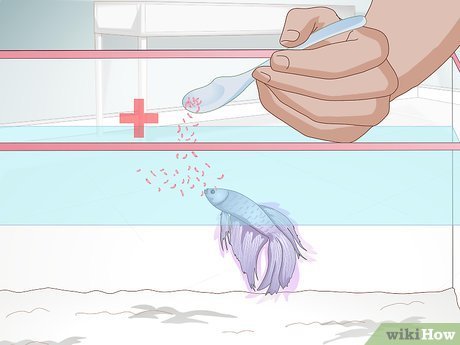Unlocking the Secrets: How Often to Feed Betta Fish
Have you ever found yourself asking the question, “how often to feed betta fish?” If so, you’re not alone. It’s a common query among both novices and seasoned betta fish owners alike. That’s why we’ve created this comprehensive guide to help you understand the feeding needs of your betta fish and provide it the best care possible.
Understanding Betta Fish’s Diet
Betta fish, also known as Siamese fighting fish, are carnivores by nature. They thrive on a diet rich in proteins and fats. The staple of their diet in the wild includes insects and other small creatures. However, in captivity, they can be fed a variety of foods like pellets, flakes, and even frozen or live brine shrimp.
How Often to Feed Betta Fish
The frequency of feeding your betta fish can depend on several factors such as their age, health, and the type of food you’re using. However, a general rule of thumb is to feed adult betta fish once or twice a day.
Feeding Adult Betta Fish
Adult bettas should be fed once or twice a day with a few pellets or flakes each time. Overfeeding can lead to obesity and other health issues, so it’s essential to give them only as much as they can consume in two minutes.
Feeding Baby Betta Fish
Baby bettas, on the other hand, need more frequent feeding. They should be fed three to four times a day with specially formulated betta fry food to support their rapid growth and development.
Importance of Consistency
Just like humans, betta fish thrive on a consistent feeding schedule. It helps maintain their metabolism and energy levels. Therefore, try to feed your betta at the same times every day.
Signs of Overfeeding and Underfeeding
Overfeeding can lead to bloating, while underfeeding can cause your betta to become lethargic and undernourished. The key is to find a balance and feed your betta fish an appropriate amount.
Proper Feeding Techniques

As depicted in the image above, proper feeding techniques involve slowly dropping the food into the tank, allowing your betta to eat at its own pace. Remember, any uneaten food should be removed to prevent it from decomposing and contaminating the water. Image Credit: autohaus-engelmann.de
